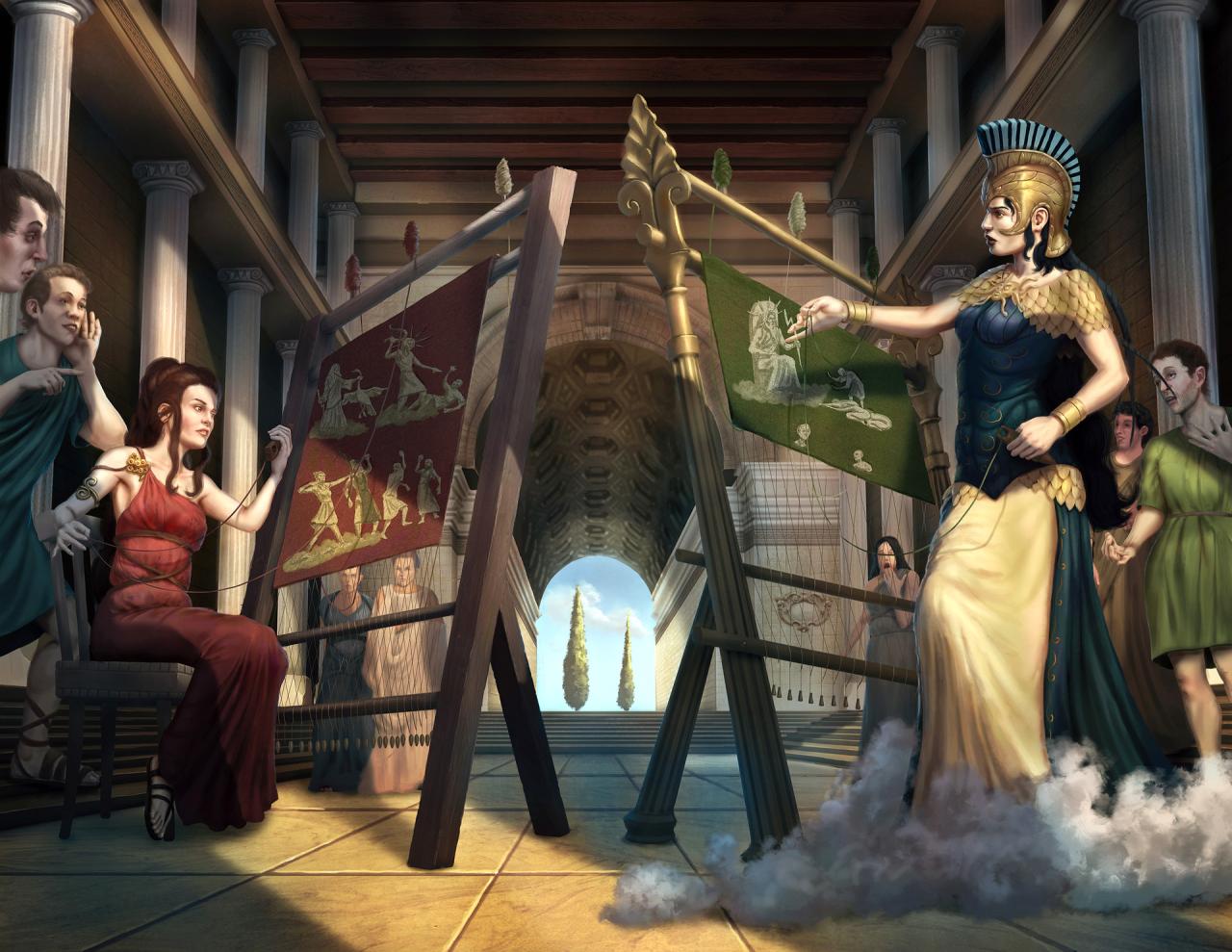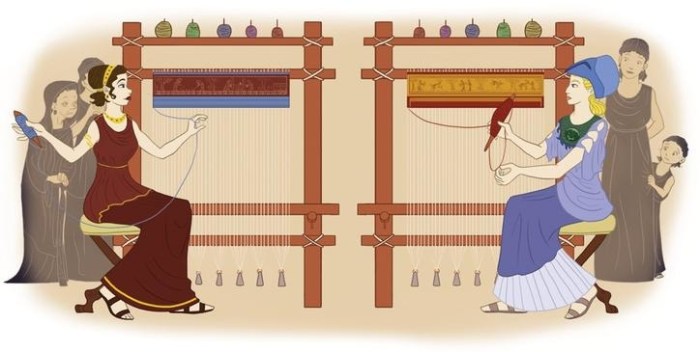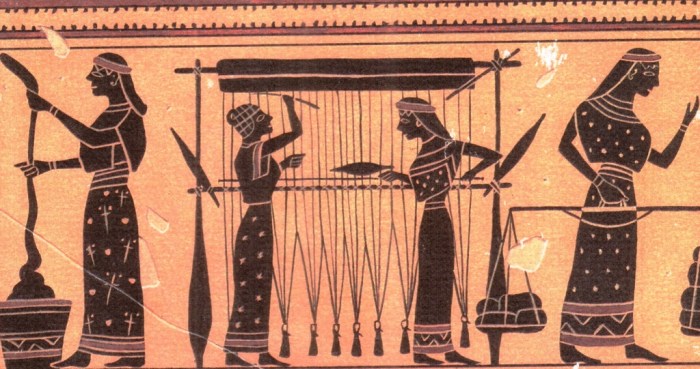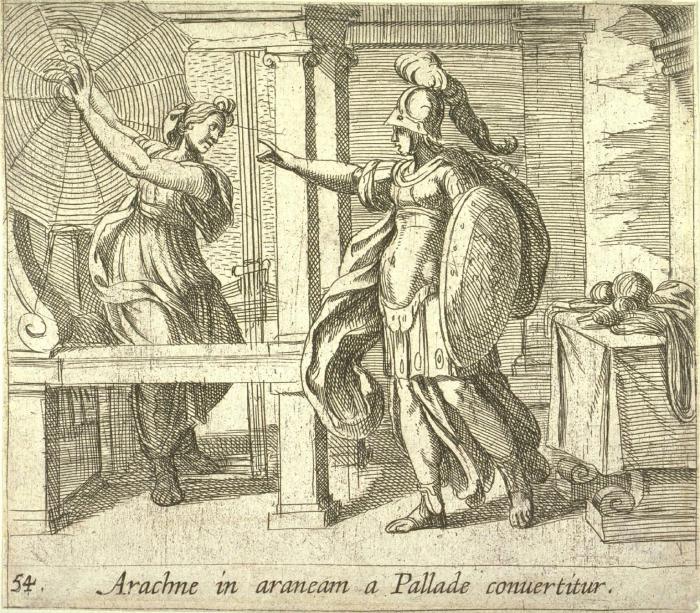Introducing the arachne and the weaving contest answer key, this comprehensive guide delves into the captivating tale of Arachne, a mortal weaver who dared to challenge the goddess Athena in a contest of skill. As we explore the intricate details of this ancient Greek myth, we uncover the themes of pride, divine power, and the consequences of hubris.
Through a detailed examination of the characters, tapestries, and divine judgment, this answer key provides a deeper understanding of the story’s cultural and historical significance. Prepare to be captivated as we unravel the threads of this timeless tale.
Arachne and Athena: The Weaving Contest: Arachne And The Weaving Contest Answer Key

The story of Arachne and Athena is a classic tale from Greek mythology that explores the themes of hubris, rivalry, and the transformative power of art.
Arachne was a young woman renowned for her exceptional weaving skills. Her arrogance led her to challenge Athena, the goddess of wisdom and crafts, to a weaving contest.
Athena, known for her own mastery of weaving, accepted the challenge.
Arachne’s Tapestry
Arachne’s tapestry depicted scenes of the gods engaging in immoral and scandalous behavior.
Through her weaving, Arachne not only showcased her technical prowess but also subtly mocked the divine.
Athena’s Tapestry, Arachne and the weaving contest answer key
In contrast, Athena’s tapestry showcased the gods in a dignified and respectful manner.
Her weaving emphasized the virtues of humility, piety, and obedience.
The Outcome of the Contest
The gods, acting as judges, unanimously declared Athena the winner.
Arachne’s hubris had angered the gods, and as punishment, Athena transformed her into a spider, forever condemned to spin webs.
The Transformation of Arachne
Arachne’s transformation into a spider symbolized the consequences of excessive pride and the importance of respecting divine authority.
Her ability to spin webs also represented the continuation of her artistic talents, albeit in a diminished form.
Themes and Symbolism
The story of Arachne and Athena explores several themes, including:
- The dangers of hubris
- The importance of humility and piety
- The transformative power of art
- The tension between human creativity and divine authority
Spiders and weaving are symbols that carry multiple meanings in the story:
- Spiders represent creativity, patience, and industry.
- Weaving symbolizes the act of creation, the interconnectedness of life, and the ability to shape one’s destiny.
Cultural and Historical Context
The story of Arachne and Athena is deeply rooted in the cultural and historical context of ancient Greece.
It reflects the Greeks’ belief in the power of the gods, the importance of humility, and the significance of artistic expression.
Literary and Artistic Interpretations
The story of Arachne and Athena has inspired numerous literary and artistic works throughout history.
Notable examples include:
- Ovid’s Metamorphoses
- Diego Velázquez’s painting “The Spinners”
- Margaret Atwood’s novel “The Penelopiad”
These interpretations have helped shape the legacy of the story and continue to engage audiences with its timeless themes.
Clarifying Questions
Who was Arachne?
Arachne was a skilled mortal weaver who challenged the goddess Athena to a weaving contest.
What was the outcome of the contest?
Athena won the contest and transformed Arachne into a spider as punishment for her hubris.
What is the significance of the story of Arachne and Athena?
The story of Arachne and Athena teaches the dangers of hubris and the importance of respecting the divine.


